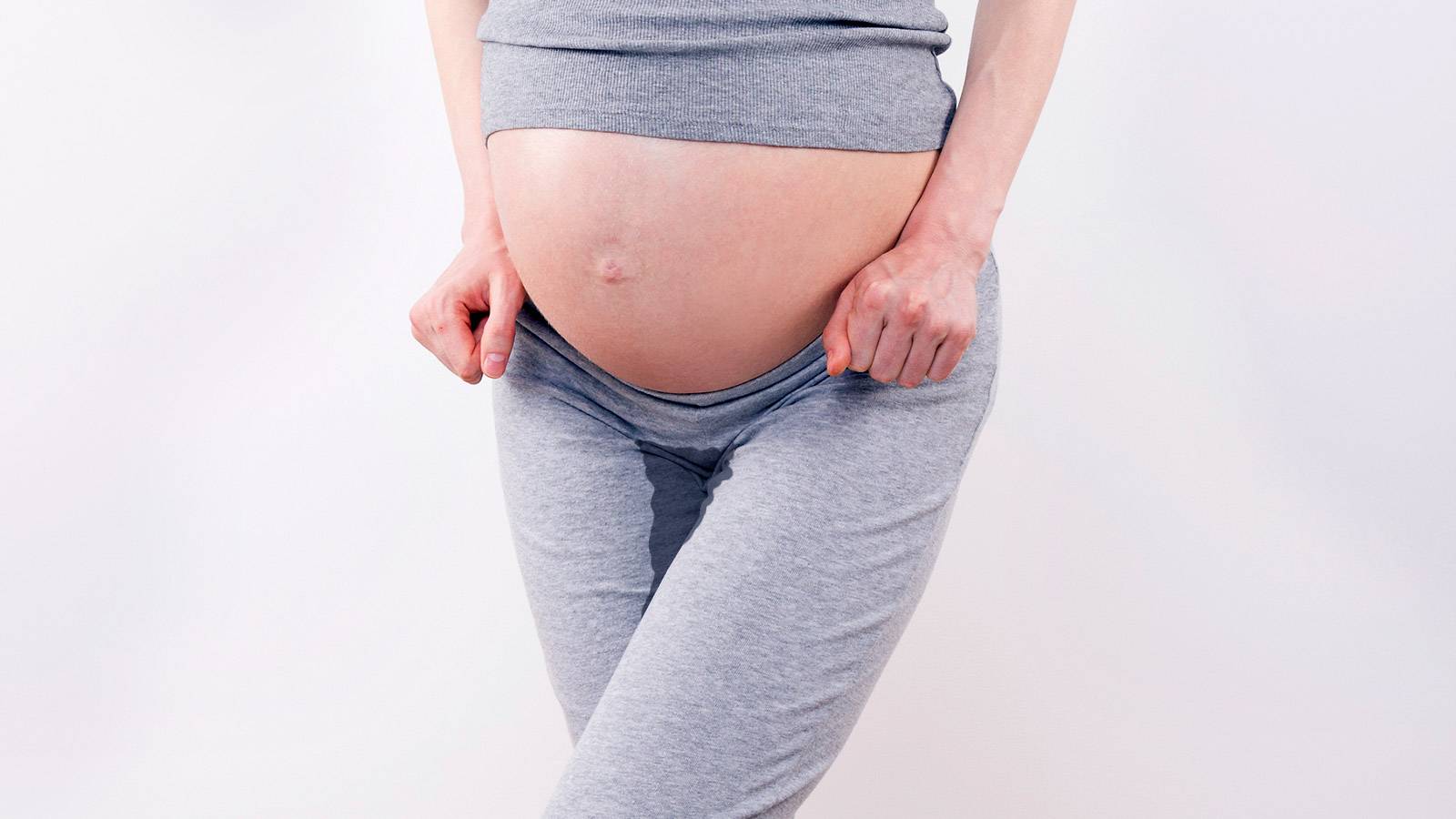You aren’t alone if you leak pee whenever you cough or laugh ― here’s how to stop pregnancy incontinence.

The kind of urinary incontinence a woman experiences during pregnancy is usually stress incontinence. This happens when your growing baby and pregnancy hormones put more pressure on the bladder.
Explaining that it’s a temporary pelvic-floor disorder, Dr Tricia Kuo, a consultant with the department of Urology at the Singapore General Hospital, notes, “It’s due to a weakening of the pelvic support for the urethra, or lower urine passageway, and the muscles of the bladder door itself,” she notes. Hence, when you do something vigorous ― like laugh, cough, sneeze, or run ― you may find that your urine leaks.
Sasha Wee, 38, recalls having to run to the bathroom every half an hour or so, when she was in the third trimester of her pregnancy. “My bladder area just felt sensitive all the time ― I was constantly worried that I would leak, so the only thing I could do was to make sure I emptied my bladder as much as possible.”
Urinary incontinence is, thankfully, not a serious problem, and may improve after your baby is born. Be warned, however, that incontinence problems may also continue, since childbirth can weaken the pelvic-floor muscles ― when there’s damage to the nerves that control the bladder and when pregnancy causes the urethra and bladder to shift. In addition, you might have needed an episiotomy ― a cut that your gynae makes in your pelvic- floor muscle to enable the foetus to emerge more easily.
You should seek help if the incontinence starts to become bothersome or affecting your daily lifestyle.
While incontinence is not life threatening or dangerous, Dr Kuo points out, “It can make life very miserable and be a major source of embarrassment and impairment of function, affecting your work and lifestyle.”
You should seek help if the condition starts to become bothersome or affects your daily lifestyle. Seeking help early ― by doing exercises that target the problem area or getting physiotherapy ― often improves the symptoms. Here are ways to keep urinary incontinence in check:
• Practise Kegels
This is physiotherapy for your pelvic floor ― you’ll contract the muscles as if you’re stopping the flow of urine. Contract those muscles for 10 seconds then release. Do this exercise 10 or 20 times in a row, two or three times a day. “About 60 per cent of post-partum patients experience an improvement in their incontinence after 6 months of Kegel exercises,” Dr Kuo says.
• Watch your weight gain during pregnancy
Studies show that an excessive amount of weight gain during pregnancy increases your risk of getting urinary incontinence.
• Time your bathroom breaks
Keep a log of the times you find yourself leaking urine: Study the pattern ― by going to the bathroom a little before those times, you might just avoid those annoying accidents. Otherwise, make sure to go at least every two hours to avoid being caught with a full bladder.
If you reckon you’re going to the loo too frequently, try and “train” your bladder to wait. For instance, delaying each bathroom visit by 15 minutes means that you’re stretching out the interval between every pee. You can keep extending the gap between every pee until you are up to two hours between each toilet visit.
Photo: iStock
8 embarrassing things to watch out for
Pregnancy cravings — good or bad?
Pregnancy pain: 5 common causes
